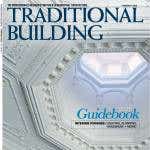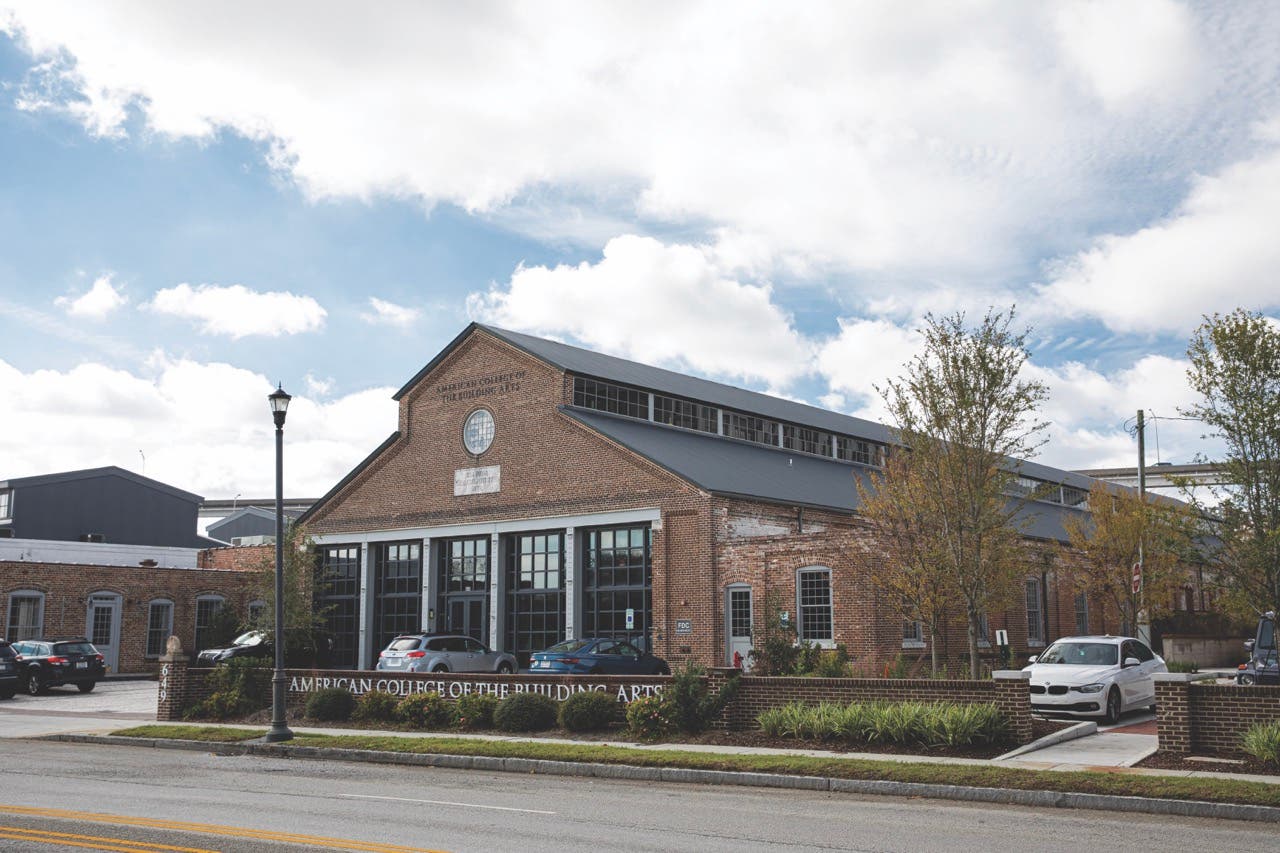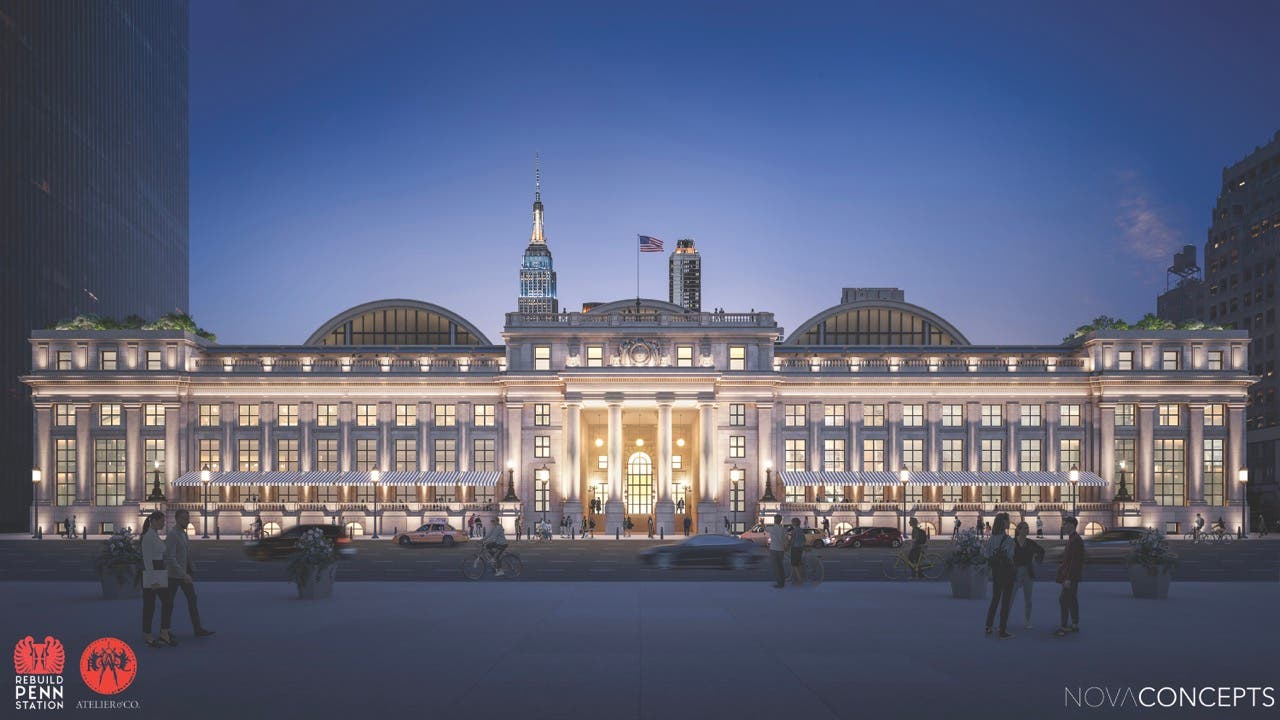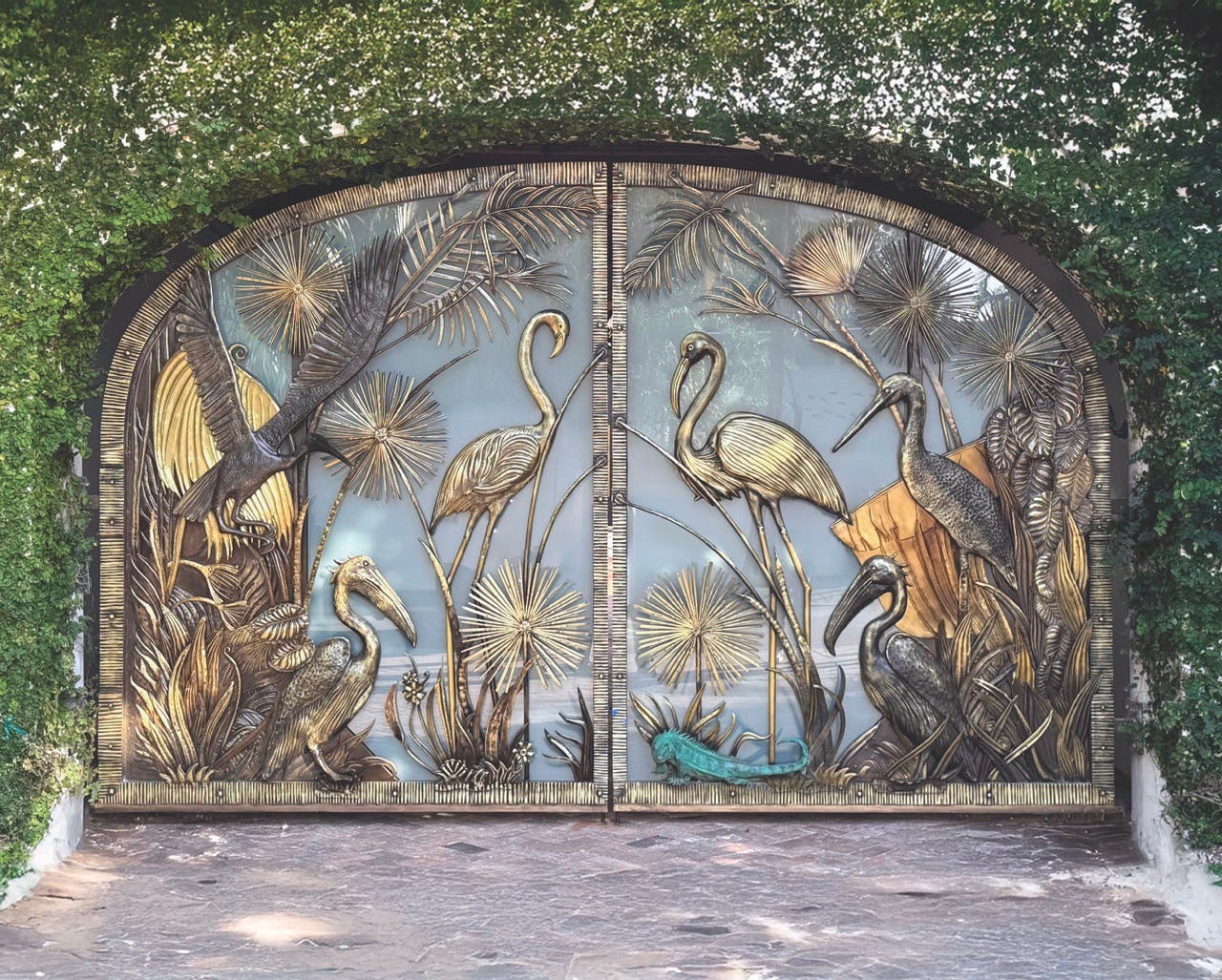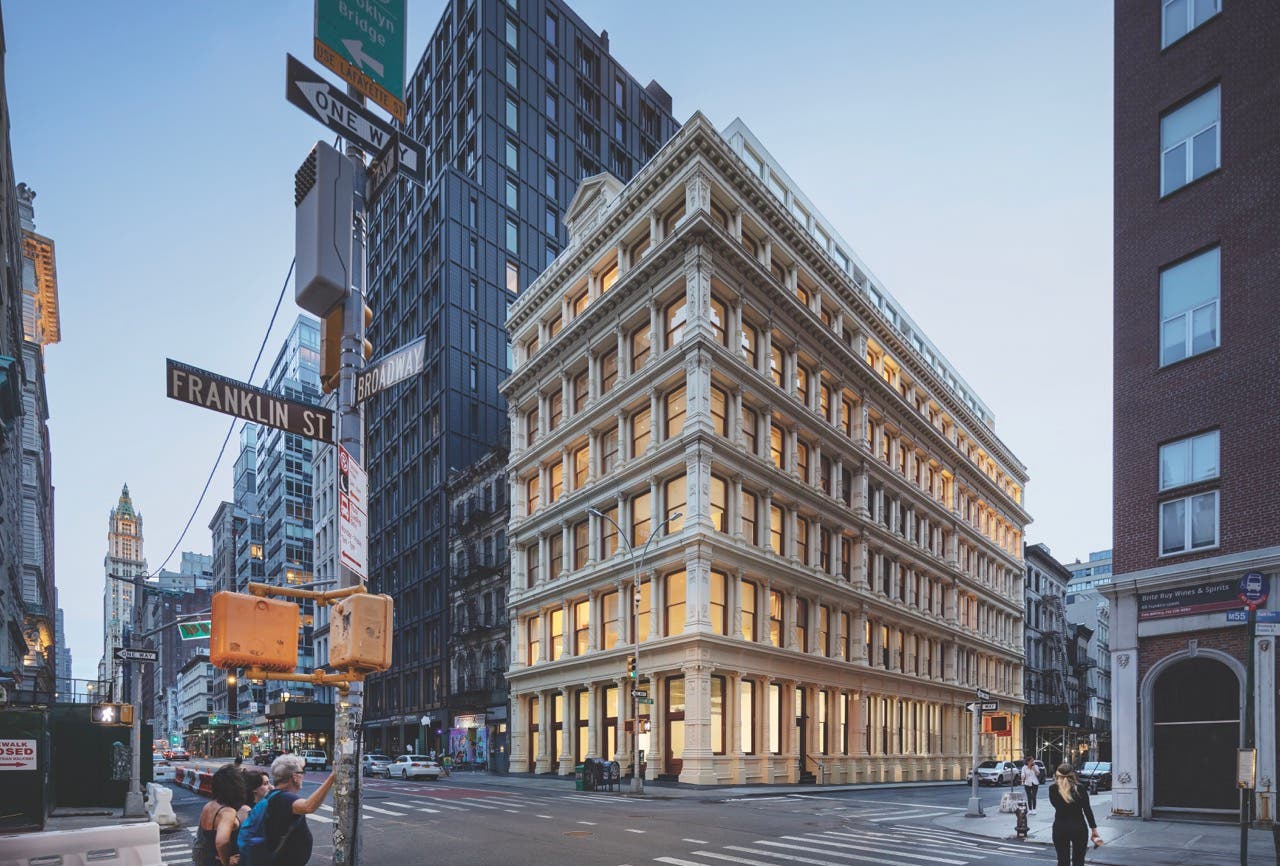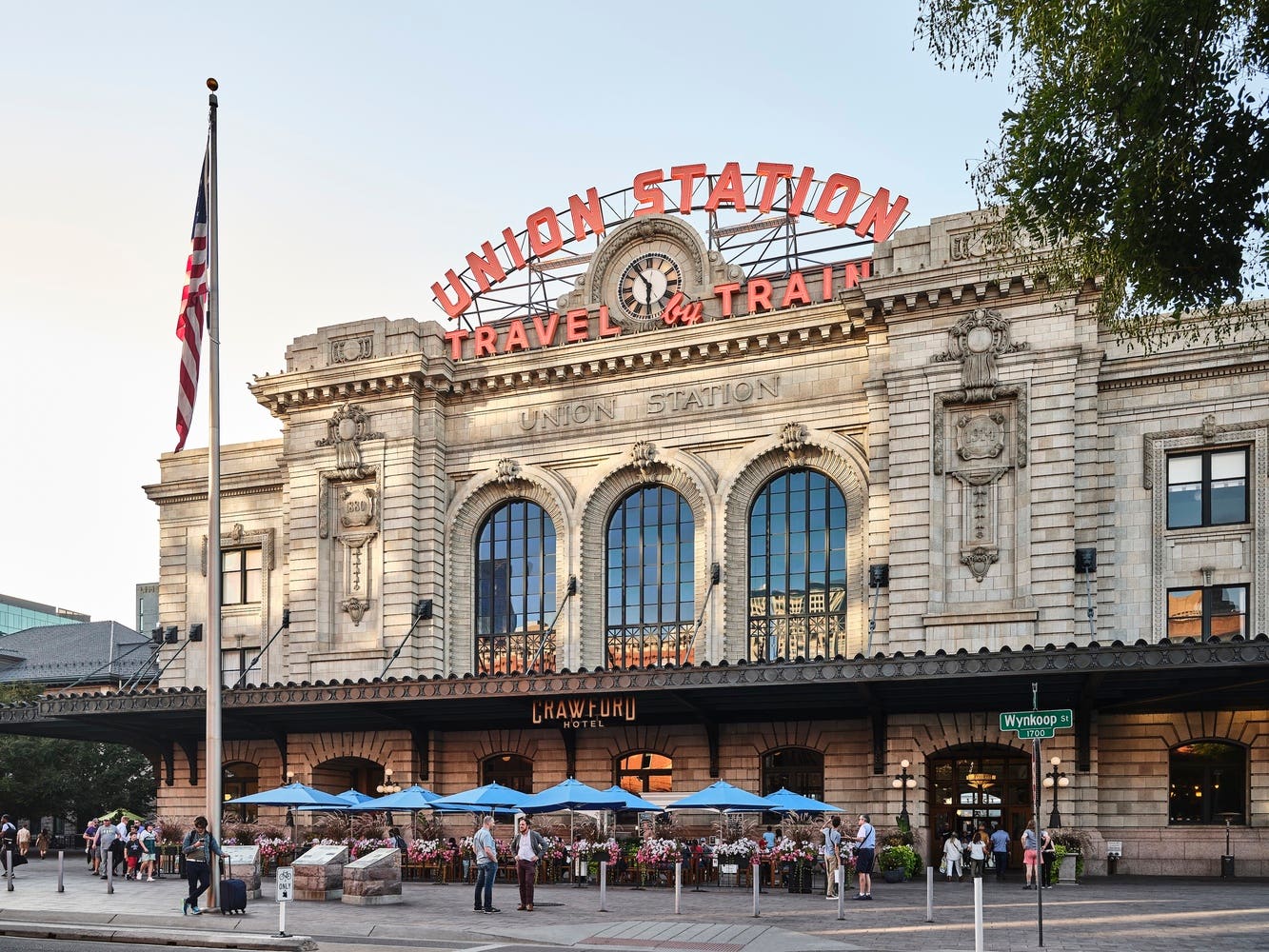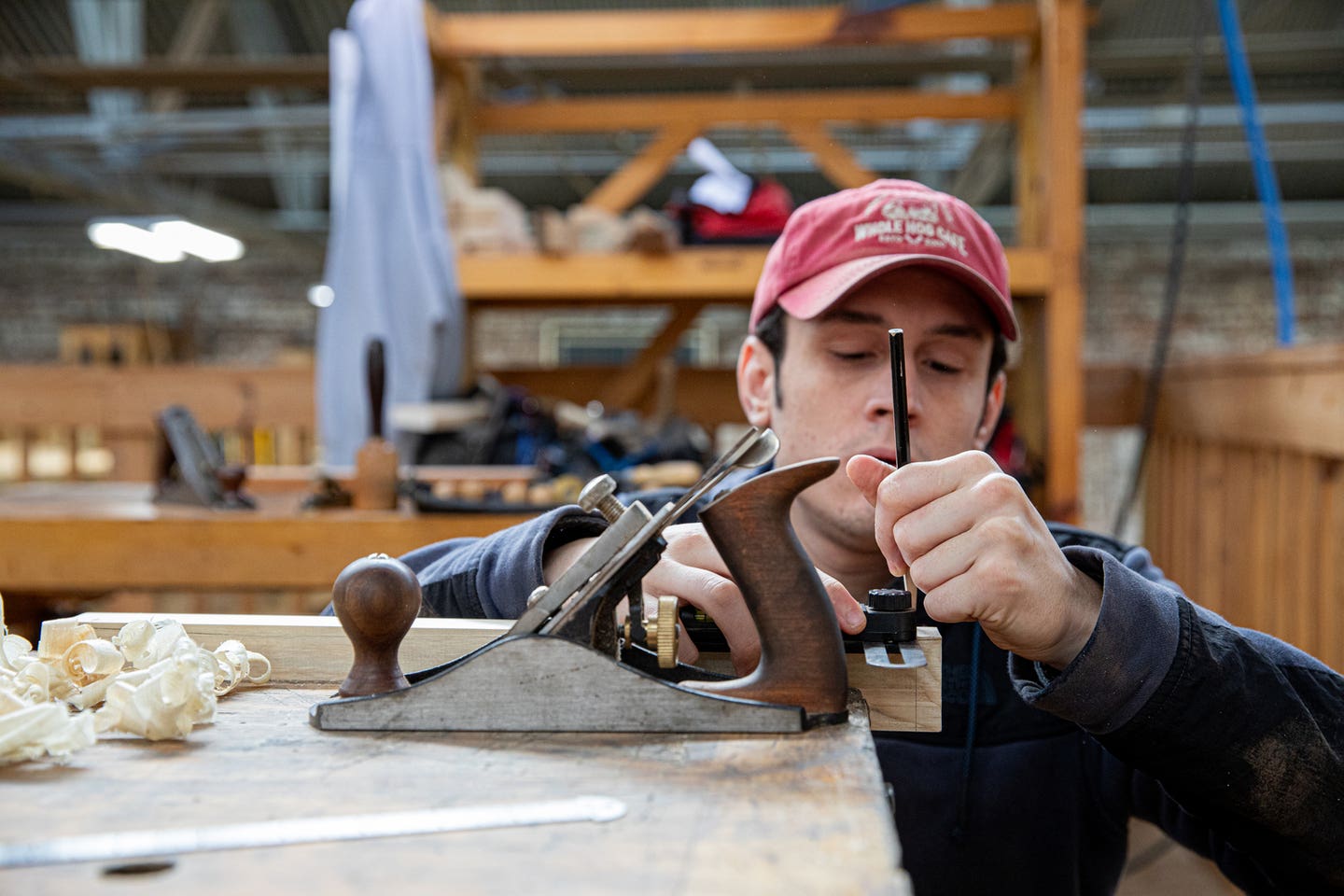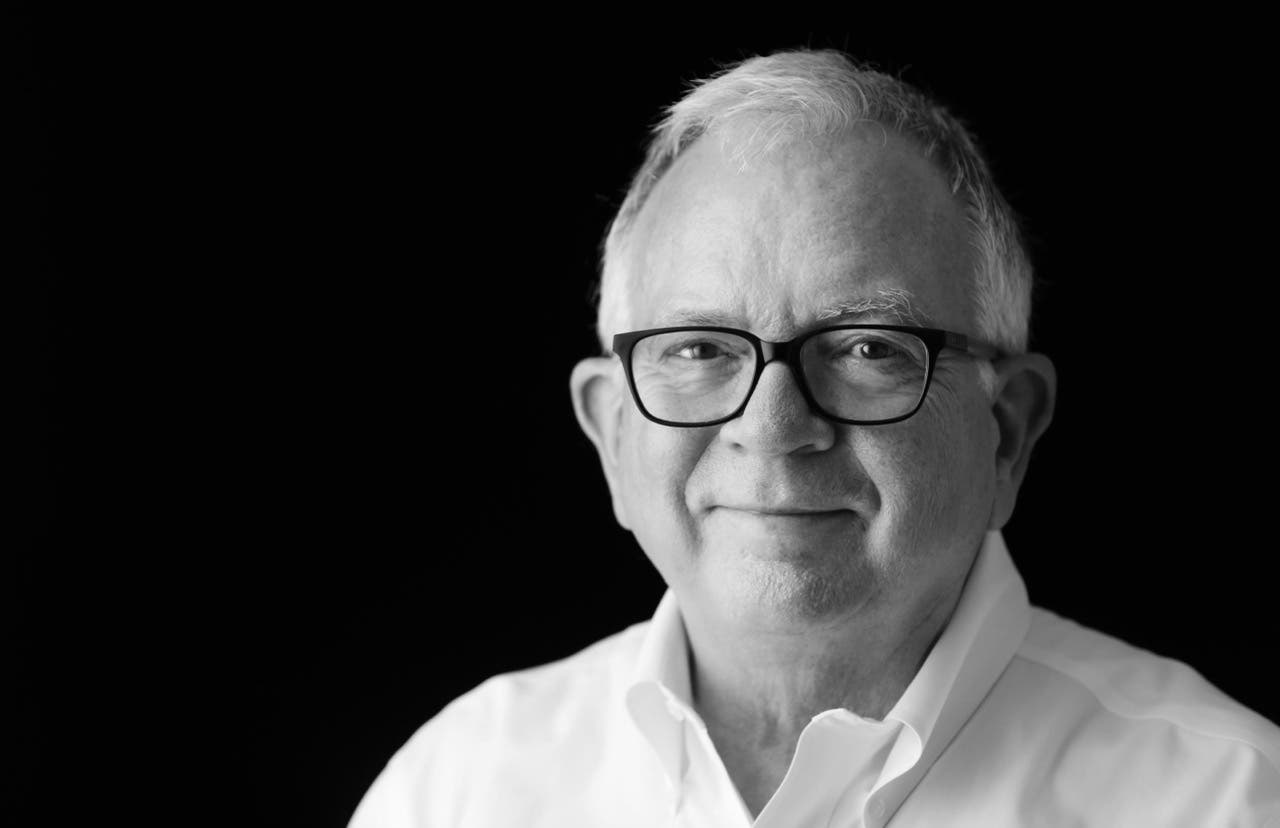
Features
The 25 – Peyton Hall
The principal architect emeritus of the historic preservation consulting firm Historic Resources Group, architect Peyton Hall traces his keen interest in the field back to the nation’s Bicentennial. He was, as he says, predisposed to preserving America’s cultural heritage when the country celebrated its 200th year.
A Virginia native, he graduated from the University of Virginia with a bachelor’s degree in architecture in 1974, having earned a certificate from the Centro Internazionale di Studi di Architettura Andrea Palladio in Vicenza, picked up a graduate degree at Yale, and had a fellowship at the Tokyo National Cultural Properties Institute.
He joined the Pasadena-based Historic Resources Group in 1995, eventually becoming managing partner.
His practice in the field, as a historic leader and collaborator, afforded him the opportunity to work on numerous significant buildings, including the Gamble House, Frank Lloyd Wright’s Freeman House, the Rose Bowl, the Hollywood Palladium ballroom, and the Los Angeles International Airport.
And his work, in what he calls a “non-traditional practice,” has served as a model for other historic architects that illustrates how to collaborate with heritage professionals for better outcomes from start to finish.
One of the founding faculty members of and an adjunct professor in the Heritage Conservation Program of the School of Architecture of the University of Southern California, Hall has taught a new generation of master’s degree students who have gone on to work in firms and public agencies around the country.
The recipient of numerous awards, including the American Institute of Architects, Institute Honors Award and the California Preservation Foundation Lifetime Achievement Award, Hall has given classroom lectures at various schools, including UCLA and his alma mater, the University of Virginia, and presented a paper in 2017 at Yale Architecture’s symposium, “The Environment Reconsidered.”
Hall, the past president of the board of trustees of the California Preservation Foundation and the past chair of the board of directors of Pasadena Heritage, sees historic preservation as a key to sustainability.
“As Carl Elefante [the architect who came up with the statement “the greenest building is one that is already built”] says, we cannot build our way out of climate change. Sustaining existing buildings improves the quality of life everywhere,” Hall says. “Historic architects are an important and integral part of our built environment. We are a growing component of the greater institutions, while still rooted in education and advocacy.”


